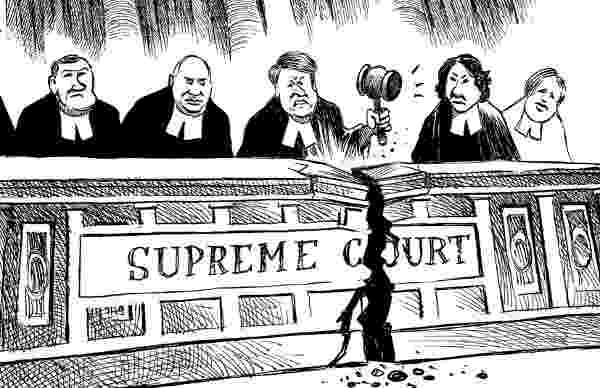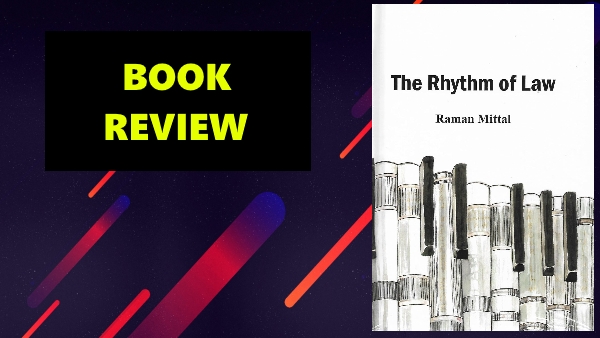Rylands v Fletcher case established the rule of strict liability by which the wrongdoer is liable even without his fault.
Facts of Rylands v Fletcher case:
- Plaintiff has filed a suit in connection with the flooding of his mine. The court of first instance ruled in his favor. Defendant requested a review.
- Plaintiff owned and operated an adjacent mine in which Defendant built an artificial dam.
- The latter collapsed the mine tunnel, caused floods and damaged plaintiffs’ business. The plaintiff filed a proceeding, and the case was brought before the arbitrator and decided the facts independently.
- The court of first instance ruled in favor of the plaintiff. The defendant appealed to the House of Lords, which also upheld the ruling of the lower court.
Contention & Issue:
Was the use of Defendant’s land unreasonable and thus was he to be held liable for damages incurred by Plaintiff?
Ratio & Decision:
1. L BLACKBURN, J: A person who for his own purposes brings on his lands and collects and keeps there anything likely to do mischief if it escapes, must keep it in at his peril, and, if he does not do so, is prima facie answerable for all the damage which is the natural consequence of its escape.
2. When one person in managing his own affairs causes, however innocently, damage to another, it is obviously only just that he should be the party to suffer.
3. It affirmed the lower court judgment, stating that Defendant’s use of the land was unreasonable, engaged in without proper caution, and resulted in harm to Plaintiff.
EXCEPTIONS TO RULE OF STRICT LIABILITY:
1. Plaintiff’s fault: If the plaintiff is at fault and any damage is caused, the defendant wouldn’t be held liable, as the plaintiff himself came in contact with the dangerous thing.
In the judicial pronouncement of Ponting v Noakes, the plaintiff’s horse died after it entered the property of the defendant and ate some poisonous leaves. The Court held it was a wrongful intrusion, and the defendant was not to be held strictly liable for such a loss.
2. Act of God: Acts that happen only because of natural reasons and cannot be prevented even while exercising caution and foresight. The defendant wouldn’t be liable for the loss if the dangerous substance escaped because of some unforeseen and natural event that couldn’t have been controlled in any manner.
3. Act of the Third Party: The rule also doesn’t apply when the damage is caused because of the act of a third party. The third-party means that the person is neither the servant of the defendant nor the defendant has any contract with them or control over their work. But where the acts of the third party can be foreseen, the defendant must take due care. Otherwise, he will be held liable.
For instance, in Box v Jubb, where the reservoir of the defendant overflowed because a third party emptied his drain through the defendant’s reservoir, the Court held the defendant wouldn’t be liable.
4. Consent of the Plaintiff: This exception follows the principle of violenti non fit injuria. For instance, if A and B are neighbors, and they share the same water source which is on the land of A, and if the water escapes and causes damage to B, he can’t claim damages, as A wouldn’t be liable for the damage.
Found Rylands v Fletcher case summary useful? We have a bunch of useful topics from the law of tort which will help you in your preparation here >>> LAW OF TORT
Check out our YouTube Channel for free legal videos >>> LAW PLANET YT






